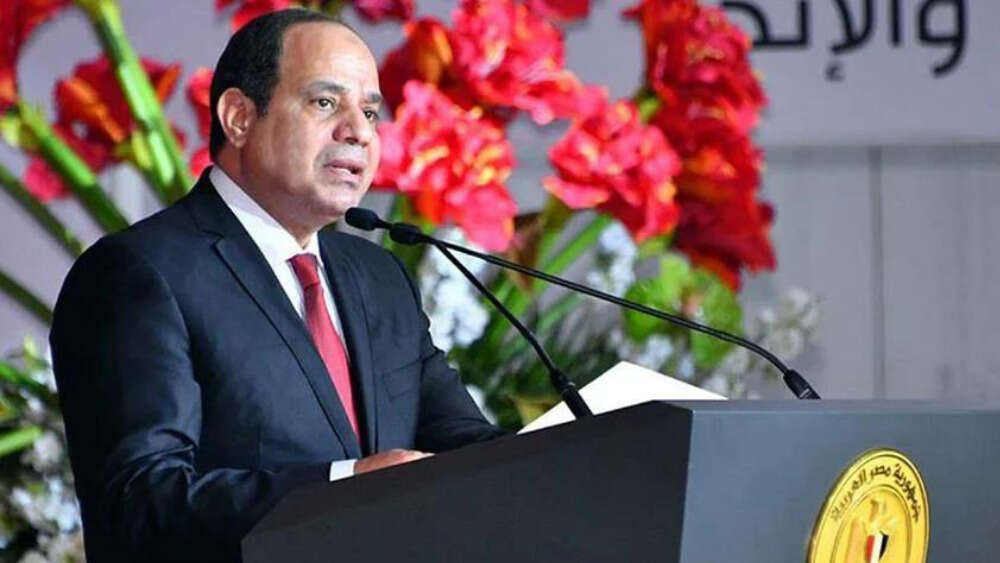Agenzia Fides, the Information Service of the Pontifical Mission Societies, has reported that under massive urbanisation plans foreshadowed by the Egyptian Government, wherever a mosque is built, a church must also be erected.
The decree, reiterated by Egyptian President Abdel Fattah al Sisi, has made clear it does not matter how few or how many church attendees there might be, a church will be built “for every mosque”.
“So no one will have to meet in an apartment and present that private house as a church,” President Abdel Fattah al Sisi said.
The construction of places of worship…will not be forgotten in the history of modern Egypt.
The Catholic international news service reported that Christian communities in Egypt have positively received the President’s statement.
Andrea Zaki, President of the evangelical community in Egypt, told Agenzia Fides that “the construction of places of worship during the era of President al Sisi has assumed national importance, and will not be forgotten in the history of modern Egypt”.
According to Agenzia Fides, the guidelines now promoted by the Egyptian political authorities are important in light of the many problems and disputes that have occurred in the past regarding the construction of new churches.
Until 2016, the construction of new Christian places of worship was still impacted by laws dating back to 1934 and the original Ottoman legislation before that, which “prohibited the construction of new churches near schools, canals, government buildings, railways, and residential areas”.
In many cases, the strict application of these regulations had prevented the construction of churches in cities and towns inhabited by Christians, especially in rural areas of Upper Egypt.
The new law on places of worship, ratified by the Egyptian Parliament in August 2016, has made it possible to start a methodical process of “legalising” Christian places of worship built in the past without the necessary permits. The ad hoc government committee met 20 times to give its authorisation to the legal regularisation of churches previously perceived as illegal under the law.
The declared intent of the presidential provisions is to guarantee all citizens, Muslims and Christians, the opportunity to take part in celebrations, rites and activities of one’s own faith community.
Email This Story
Why not send this to a friend?


